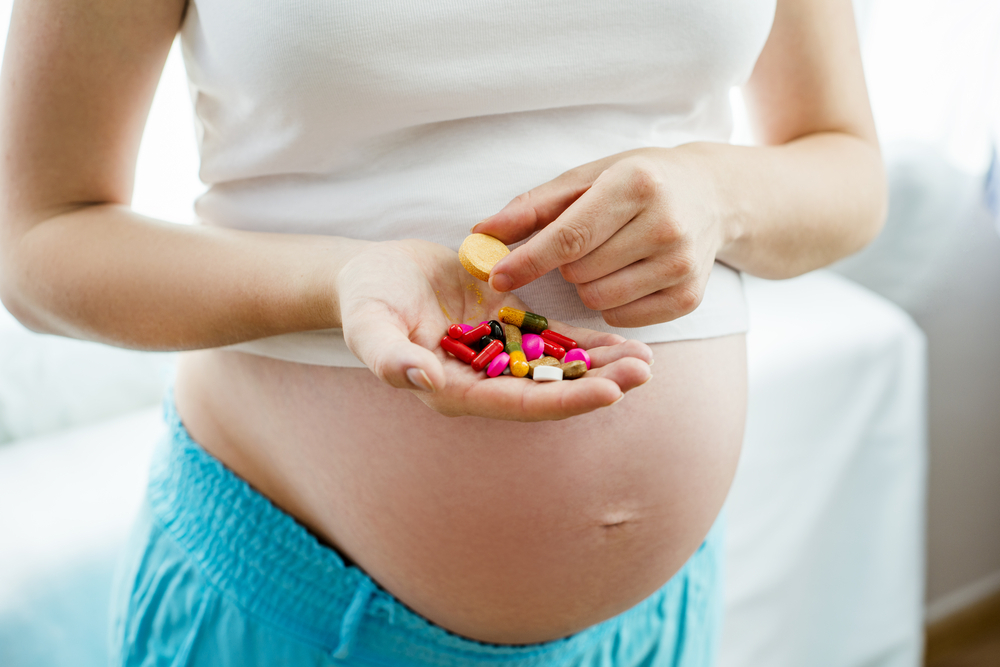I’m frequently asked which prenatal vitamins are right for people who are trying to conceive or are already pregnant. There are so many prenatals on the market: it’s no wonder that it can feel daunting trying to pick out which one is the best. Prenatal vitamin formulations can and do vary, but there are some key vitamins and minerals that should be present no matter what.
Folic acid (folate, vitamin B9)
This nutrient is one of the most important ones to take even before you become pregnant. Having adequate folic acid has been shown to reduce the risk of neural tube defects such as Spina Bifida. It is important to have folic acid in your system because neural tube defects can develop in the first 28 days after conception.
Recommended Dose: The prenatal must contain a minimum of 400mcg, but I would recommend 800mcg to cover all nutrient needs.
Iron
To support healthy oxygenated blood cells to both the mother and the baby; to support growth and development.
Calcium
Calcium is important for the bone development of the baby as well as protecting the bone density of the parent carrying.
Iodine
This is critical for the thyroid function of the mother and supports the physical growth and development of the baby.
Recommend Dose: 150mcg.
Special extra nutrients
Omega-3 fatty acids DHA
These will help with the baby’s brain, eye, and nerve development. If you do not eat fish this is a good supplement to add. If you do eat fish be sure to avoid large fish that have high mercury content like swordfish and tuna.
Recommended Dose: Take as directed on your bottle, as these tend to be sourced differently.
Choline
This is an essential nutrient for fetal brain development.
During my pregnancy, I used the Yinova prenatal. I found it to be complete and, for me, it did not cause stomach side effects like nausea and constipation. This supplement comes in a packet of 7 pills and takes the guesswork out of making sure you cover all your nutritional bases. Bone density, fetal development, and immune support are all addressed in the supplement packet. A no-brainer for me.
If you do experience nausea and constipation with your prenatal there are steps you can take.
- Extra b6 had been shown to reduce nausea in some.
- Drinking more water and increasing fiber can help with constipation and you can ask your health care provider about adding a stool softener.
- If you really can not tolerate prenatal pills you can take a chewable form. Just make sure there is enough folic acid.
- Finding the best prenatal will assure the health of you and your baby throughout your pregnancy.






